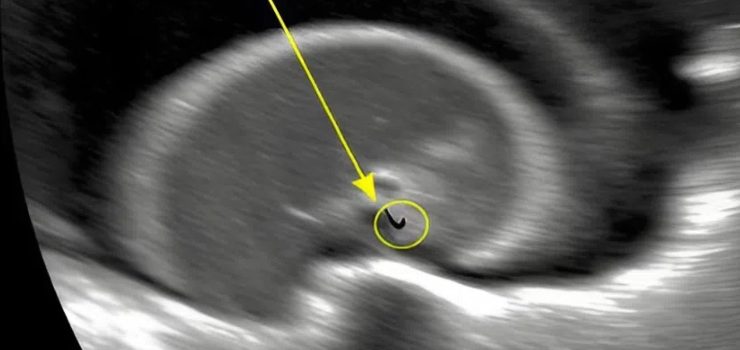Losing 5.5 kilograms, or 12 pounds, in just three days may sound like a dream come true for those looking to shed weight fast, but understanding how such dramatic results are achieved—and why they’re potentially harmful—is essential before considering any extreme approach.

While rapid weight loss can offer short-term satisfaction, these methods are usually neither safe nor sustainable. The truth is, most of this quick weight loss doesn’t come from actual fat loss but rather from water, glycogen depletion, and sometimes even muscle mass. One of the main ways people lose weight quickly is through severe caloric restriction. This involves consuming an extremely low number of calories, sometimes as little as 500 to 800 per day. While this causes a calorie deficit, prompting the body to use stored energy from glycogen, fat, and muscle, most of the initial weight loss is due to water leaving the body, not fat being burned.
Another popular method is extreme dieting, such as juice cleanses or detox programs. These diets usually replace solid meals with liquids like tea, broth, or fruit juice and promise to “cleanse” the body. While they do result in quick weight loss, it’s because of the drastic calorie reduction and lack of solid food, leading once again to loss of water and glycogen. However, the body doesn’t actually need detoxing, since the liver and kidneys already perform that function naturally. These diets are also nutritionally incomplete, depriving the body of essential nutrients it needs to function properly. Other strategies include manipulating the body’s water levels through the use of diuretics or sodium restriction. People may cut out salt entirely or use diuretic pills to flush out water, which results in fast weight reduction on the scale.
But this method doesn’t reduce body fat and can be dangerous, potentially leading to dehydration, electrolyte imbalances, or kidney issues. Colon cleanses, laxatives, or enemas are also used by some individuals to empty their digestive tracts. This temporarily reduces weight by eliminating waste and water but disrupts gut health and can create a dependency on such products, not to mention increasing the risk of dehydration and nutrient deficiencies. There are also people who try to combine hours of intense exercise with extreme dieting to maximize calorie burn. Although this may lead to quick results on the scale, it also places a tremendous amount of stress on the body, leading to exhaustion, potential injury, and long-term damage to metabolism.
Despite the initial weight drop, losing 12 pounds in three days comes with serious health risks. Most of the weight lost is water weight, not fat, and that water weight comes right back once normal eating resumes. In the process, you risk developing nutrient deficiencies because extreme diets often lack essential vitamins, minerals, and macronutrients such as protein and healthy fats. Without enough protein or calories, the body may also begin to break down muscle tissue for energy, resulting in muscle loss, which slows metabolism and reduces physical strength. Another major concern is metabolic slowdown. When the body senses extreme calorie deprivation, it shifts into “starvation mode,” reducing your metabolic rate to conserve energy, making future fat loss more difficult. These methods often lead to dehydration, causing symptoms like dizziness, fatigue, or kidney strain, and they can also negatively impact your emotional and mental health. Feelings of restriction, irritability, and preoccupation with food can develop, increasing the risk of binge eating and disordered eating patterns. Most significantly, the results from these rapid methods don’t last. Once you resume normal eating habits, the weight typically returns quickly, and sometimes even more than before due to metabolic changes and fluid rebalancing. Rather than relying on these unsafe practices, focus on sustainable and healthy methods for weight loss. Start with a balanced diet that includes plenty of whole foods—vegetables, fruits, lean protein, healthy fats, and whole grains—while avoiding highly processed items full of sugar and saturated fat. Create a moderate calorie deficit of 500 to 750 calories a day, which will help you lose about 1 to 2 pounds per week, a pace that’s considered safe by health professionals. Stay hydrated by drinking enough water throughout the day to support digestion and metabolic function. Add regular physical activity to your routine, combining strength training and cardiovascular exercise to build muscle and burn fat. Prioritize getting enough sleep and managing stress, as both can impact hormones that control appetite and metabolism. Above all, be patient and stay consistent. Long-term results are built on small, lasting changes—not on crash diets or extreme tactics that put your health at risk.





